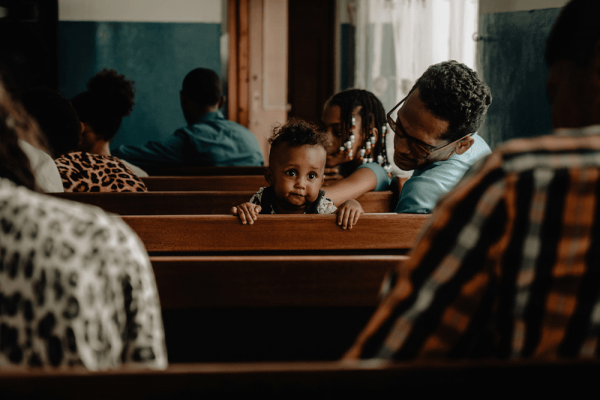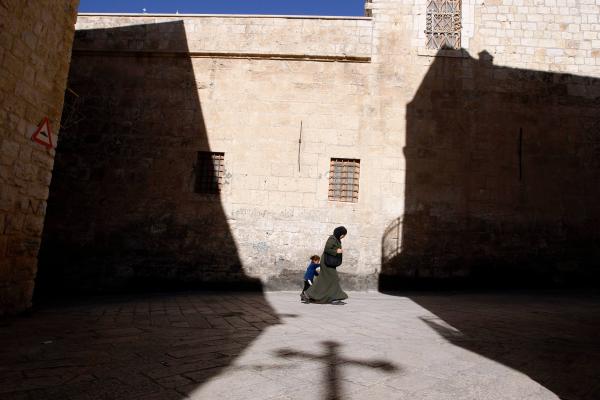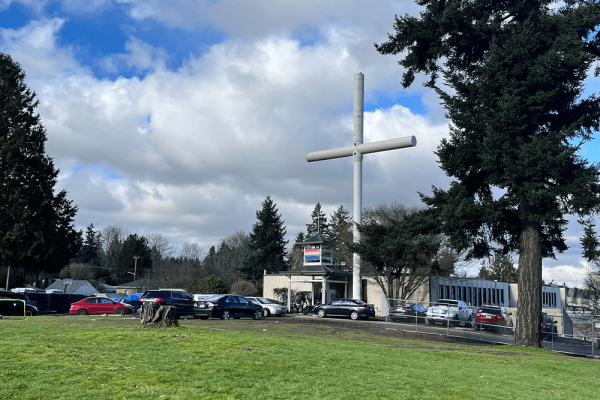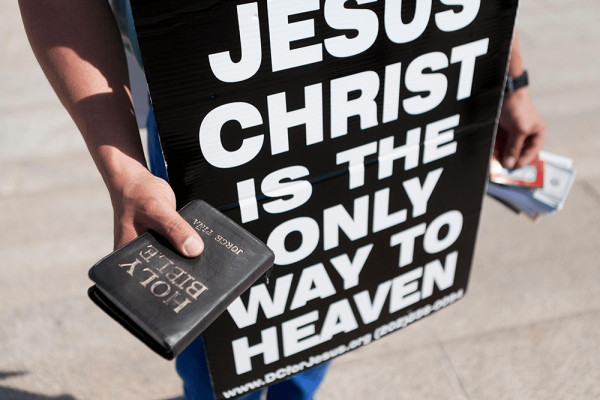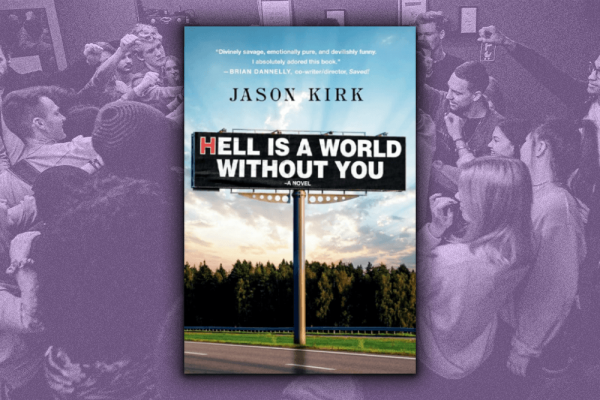I asked my 3-year-old niece, Ember, what she learned in church. She said she learned about Jesus. “Who is Jesus,” I asked. “Where does he live?” She looked at me like I was an idiot, and then said, “Jesus is in our heart. Jesus helps us not be scared and not be afraid.”
Jonathan Brooks is now the lead pastor of Lawndale Christian Community Church in the Chicago neighborhood of North Lawndale. The major theological conviction of LCCC is to love God and love the neighborhood, which is predominantly Black and has experienced years of government disinvestment. The way the church community puts into practice its theological convictions is by working with neighbors to improve the material circumstances of all who live there.
As a Palestinian Christian, I am proud to be a descendant of the world’s most ancient Christian community. My pride transcends the mere fact of belonging; it is rooted in the cultural legacy and global impact that our community has bestowed upon the world through nurturing and shaping Christianity from its earliest days until now. But this pride carries with it a solemn responsibility: I must be committed to preserving the integrity and values of this cultural and religious heritage, indigenous to my homeland, from being misappropriated to justify oppression, whether mine or someone else’s.
New data finds that almost two-thirds of LGBTQ+ people who were raised Christian have since left the faith — and those who stay are typically older, Black, cisgender men and those who live in the South.
For more than a year, Riverton Park United Methodist Church in Tukwila, Wash., has been a cramped, uncomfortable shelter for hundreds of refugees. Neither designed nor intended to be a camp for those navigating the complicated immigration and asylum process, the ongoing situation has become a crisis, with the city declaring a state of emergency last October. Still, as Riverton Park remains unwilling to turn people away, the church and its neighbors, community organizers, and local government are all seeking solutions to the crisis.
Greece’s parliament approved a bill allowing same-sex civil marriage on Thursday, a landmark victory for supporters of LGBTQ+ rights that was greeted with cheers by onlookers in parliament and dozens gathered on the streets of Athens.
“Eating is an inherently good activity,” writes Elizabeth Palmberg in the 2009 issue of Sojourners, “a channel of God’s goodness.” Eating is also an essential way for us to experience fellowship, build relationships, and share love. Yet eating can also be, as the Apostle Paul writes, an extension of our faithfulness: “So whether you eat or drink or whatever you do, do it all for the glory of God” (I Corinthians 10:31). And when I think about my diet, it’s hard to imagine how the overconsumption of meat — which so often exacerbates health problems and disproportionately contributes to climate change — can be to the “glory of God.”
The new documentary God & Country, inspired by Katherine Stewart’s book The Power Worshippers, fortunately escapes most of the major pitfalls of political documentaries as it addresses the rise of Christian nationalism.
Was Robert E. Lee, the infamous confederate general who went to war to defend slaveocracy in the South, a Christian? The answer to this question may seem obvious: Yes. Lee was an Episcopalian who was called a “humble, earnest Christian” by a minister who was his contemporary. But some Christians may recoil at the idea that someone they see as clearly at odds with Jesus’ call to “release the captives,” would be considered a Christian.
I don’t think I’ve ever read a book quite like Jason Kirk’s Hell Is a World Without You. This book, a bildungsroman about a teen’s evangelical house of cards and the mounting life experiences, new friends, and cold fingers of doubt that threaten to knock it over, is a call coming from firmly inside the house.
